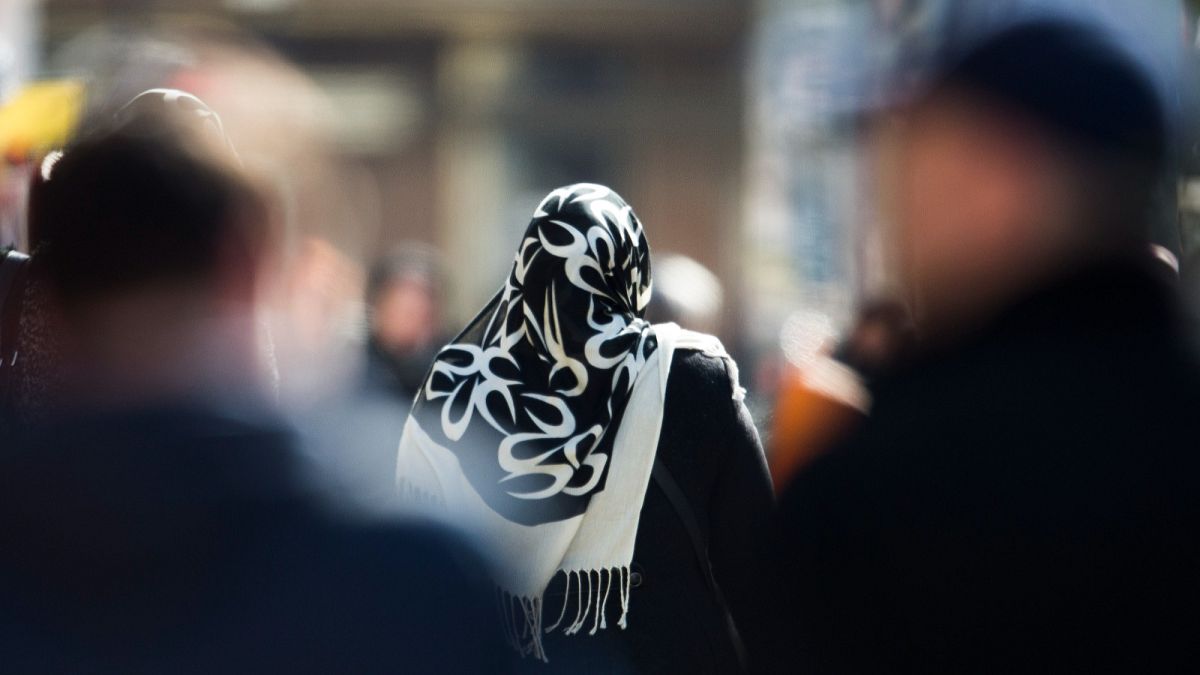
"The Bundestag's Green Party group has submitted a motion to abolish Berlin's Neutrality Act, stirring a broader European conversation around secularism and religious expression."
"National identities and historical experiences shape how societies balance secularism and religious freedoms, with some nations opting for neutrality while others focus on inclusion."
"Spainâs approach, lacking national legislation, leaves the discretion on religious attire to local schools, highlighting a significant contrast in Europeâs handling of faith in public life."
"France maintains one of the strictest secularism policies in Europe, enforcing bans on religious symbols for all public-sector employees, demonstrating an unwavering commitment to state neutrality."
A political debate in Berlin has emerged surrounding the Green Party's motion to abolish the Neutrality Act, which prohibits public employees from wearing visible religious symbols. This issue has become part of a larger European dialogue about secularism and religious freedom. Various countries have different legal stances on religious symbols in public life, with some, like France, enforcing strict bans, while others, such as Spain, allow local discretion. This variance reflects deep-rooted national identities and their historical contexts, leading to contrasting approaches to balancing neutrality and inclusion.
Read at euronews
Unable to calculate read time
Collection
[
|
...
]